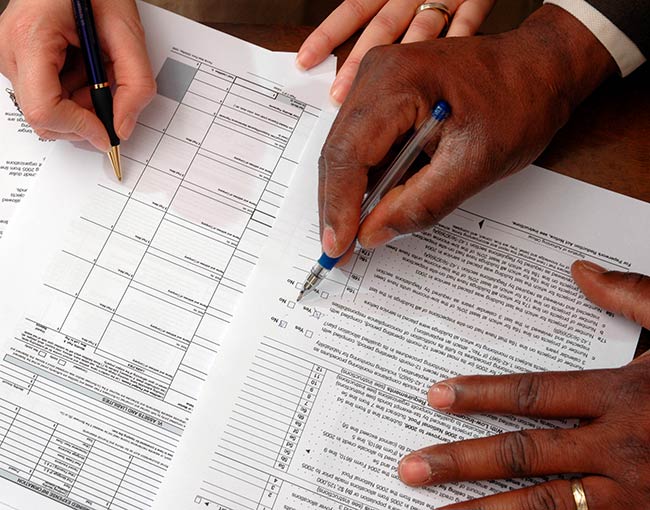In what it describes as part of the initial step in the Export Reform Initiative, the Bureau of Industry and Security (BIS) released its final rule implementing the Strategic Trade Authorization (STA) license exception to the licensing requirements of the Export Administration Regulations (EAR). The license exception authorizes the export, reexport and transfer (in-country) of specified items to destinations that pose relatively low risk of unauthorized uses or diversion. The license exception is conditioned upon the creation and exchange by the parties to the transaction of notifications and statements designed to provide assurance against diversion. The license exception is effective immediately.
The number of countries to which goods may be shipped under the STA rule is much more limited than as provided for in the proposed rule, but the agency has also provided more clarity regarding when the exception may be used. The following key points are important with respect to the use of the license exception:
- STA provides two distinct authorizations
- 36 destinations authorized if any (or all) of the six reasons (NS, CB, NP, RS, CC, SI) for control apply
- 8 additional countries authorized for less-sensitive items that are
controlled for NS reasons only
- Conditions on the use of the license
- Exporters must furnish the consignee with the ECCN
- Exporters, reexporters and transferors must obtain from their consignees, prior to shipment, a written statement identifying the items to be shipped and restating the ECCN(s) provided to the consignee
- Consignee must execute a statement acknowledging:
- use of the exception
- it has been informed of the ECCN
- STAs preclude the use of certain APR provisions
- agreement not to reexport to prohibited destinations
- agreement to produce documents upon request
- Deemed Exports: The STA covers deemed exports. BIS concluded that
requirements to furnish ECCNs, consignee and destination control statements are not likely to be relevant or useful in deemed export situations, and thus the final rule changes § 740.20 to address deemed exports and reexports under the STA exception separately from other exports and reexports.
- Explicit Authorization for Releases of Source Code and Technology: In lieu of the ECCN notification and consignee and destination control statements, the releaser of the technology or source code must now notify the recipient of the restrictions on further release.
- Requirement to Obtain Consignee Statement: Instead of requiring multiple consignee statements for multiple transactions, BIS will permit a single consignee statement to cover several transactions concerning a specific project, contract or time period, or for all items to be shipped to that consignee under STA.
- STA is not available for items controlled for EI, SS, SL, MT or CW reasons
- STA's exclusion paragraph of the ECCN defines products within the
classification that are not eligible for the license exception
Finally, in response to some of the comments submitted, BIS noted that it is reviewing the Commerce Control List as a whole as part of the Export Control Reform Initiative. Those interested can provide input through informal contacts, contacting one of the technical advisory committees, or petitioning BIS. BIS, however, is not planning on setting up a formal process to receive proposals for changes to License Exception STA.
For more information as to how the STA license exception could affect your business or regarding the Export Control Reform Initiative in general, please contact the Thompson Coburn attorney with whom you work or a member of the Thompson Coburn
Transportation and International Commerce Practice Group.

